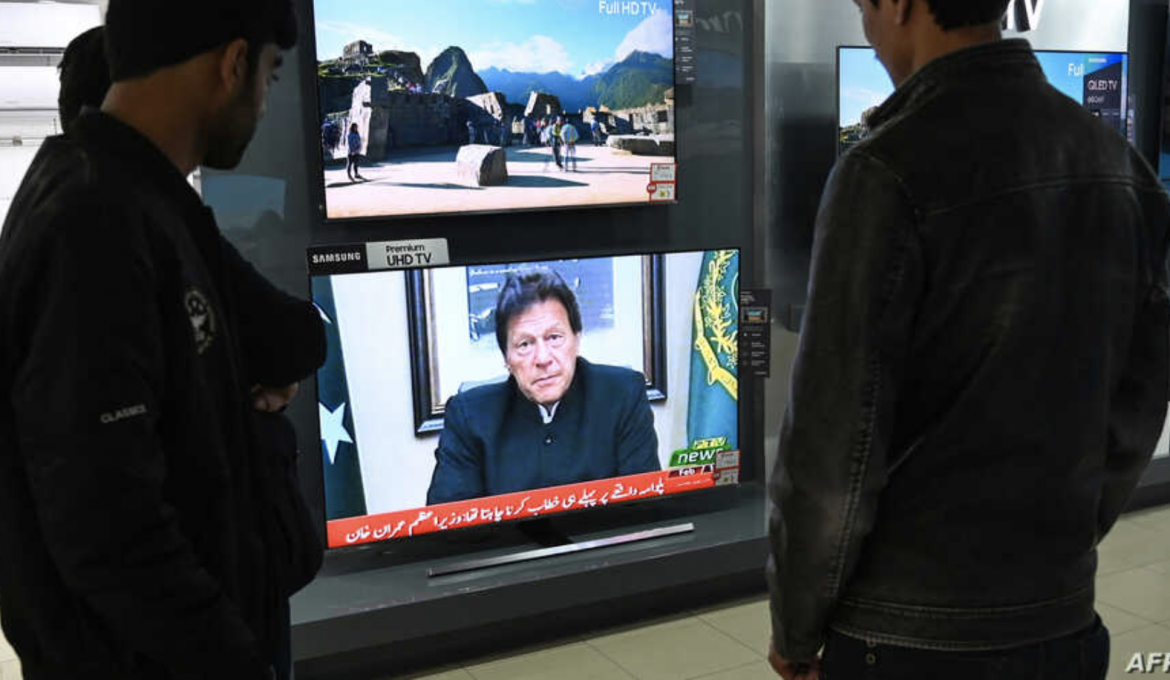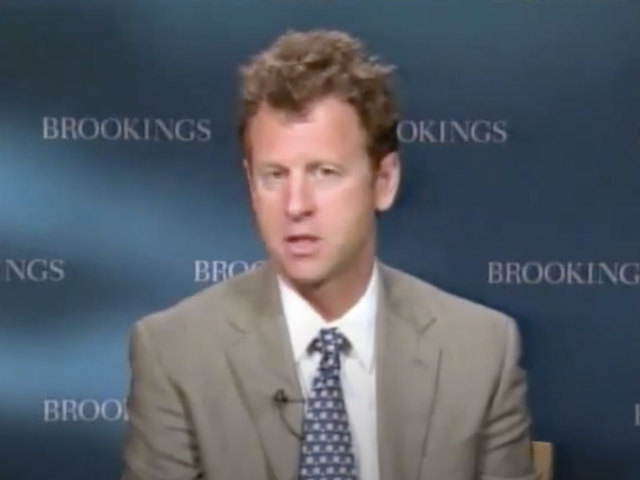The tension between India and Pakistan that led to both sides flexing their military muscles this week was triggered by a terror attack claimed by a U.S.-designated terror group based in Pakistan.
India blames Jaish-e-Muhammad (JeM) for the suicide attack in Indian-administered Kashmir this month, which killed about 40 Indian paramilitary troops. India justified its airstrikes this week inside Pakistan by saying it targeted the JeM training camp.
Here is what is known about the group:
What is Jaish-e-Muhammad?
JeM, or the Army of Muhammad, was founded in 2000 with an aim to liberate the Indian-administered Kashmir area and to ultimately unite it with Pakistan.
Indian officials and international terrorism authorities consider JeM a lethal terror group and accuse it of launching numerous assaults in India, including on an Indian Parliament building, local residents and Indian army bases.
Both the U.S. State Department and the United Nations have designated JeM as a terrorist organization.

Pakistan outlawed the group in 2002 after JeM attacked India’s Parliament in December 2001. The group then changed its name and has continued to operate under the new name of Tehreek-ul-Furqan.
Where is JeM based?
Jaish-e-Muhammad reportedly is based in the Peshawar region of Pakistan’s Khyber Pakhtunkwha province, and Muzaffarabad, the capital of Pakistani-administered Kashmir. The group follows strict Sunni ideology and has ties with other Sunni terror groups, such as Lashkar-e-Taiba (LeT) and Lashkar-e-Jhangvi (LeJ). LeT and LeJ are both U.S.-designated terror networks based in Pakistan that are strong proponents of the liberation of India-controlled Kashmir.
JeM also had close ties with the al-Qaida terror group and the Taliban. Additionally, it is believed al-Qaida provided funds to JeM to carry out terror acts in Kashmir.

India has long accused Pakistan’s Inter-Services Intelligence of covertly providing support to the JeM network and its leader, Masood Azhar — a claim denied by Pakistan.
Who founded the group?
Azhar, from Pakistan’s Punjab province, founded JeM. The Muslim cleric started the hard-line Islamist group after being freed from an Indian prison in 1999 in exchange for 155 hostages from an Indian Airlines plane that had been hijacked by militants and taken to Afghanistan’s southern Kandahar province in the 1990s.
Azhar reportedly received his militant training from a jihad camp in Afghanistan in the 1980s and later fought against Soviet troops in Afghanistan.
Before founding JeM, Azhar was an active member of Harkat-ul-Mujahideen, a U.N.-designated terror group that rebranded itself as Harkat-ul-Ansar in 1993 following a ban.
In recent years, India repeatedly has proposed having the JeM leader designated as a global terrorist through the U.N. Security Council. But China, a Pakistani ally, has blocked the move several times.
In a video message released in 2014, Azhar claimed he had more than 300 suicide bombers at his behest who could attack India if Narendra Modi were to become India’s prime minister. Modi was sworn in as prime minister on May 26 of that year.
Attacks in India
Jaish-e-Muhammad is responsible for carrying out several deadly attacks in India over the years.

In October 2001, JeM’s operatives carried out a car bomb attack on the Jammu and Kashmir State Legislative Assembly Complex in Srinagar, killing more than 35 people.
In December 2001, militants belonging to JeM and LeT attacked the Indian Parliament in New Delhi. Six Indian police personnel were killed. The attack escalated tension between India and Pakistan to an extent that prompted the archrivals to deploy troops along their border.
JeM militants also attacked the Pathankot Air Force Station in India in January 2016. Three members of India’s security force were killed.
JeM also has carried out attacks inside Pakistan. It twice attempted to assassinate former Pakistani President Pervez Musharraf in 2003 after being declared a terrorist group by the government the prior year.
This story was originally posted on VOA News (Extremism Watch Desk).




